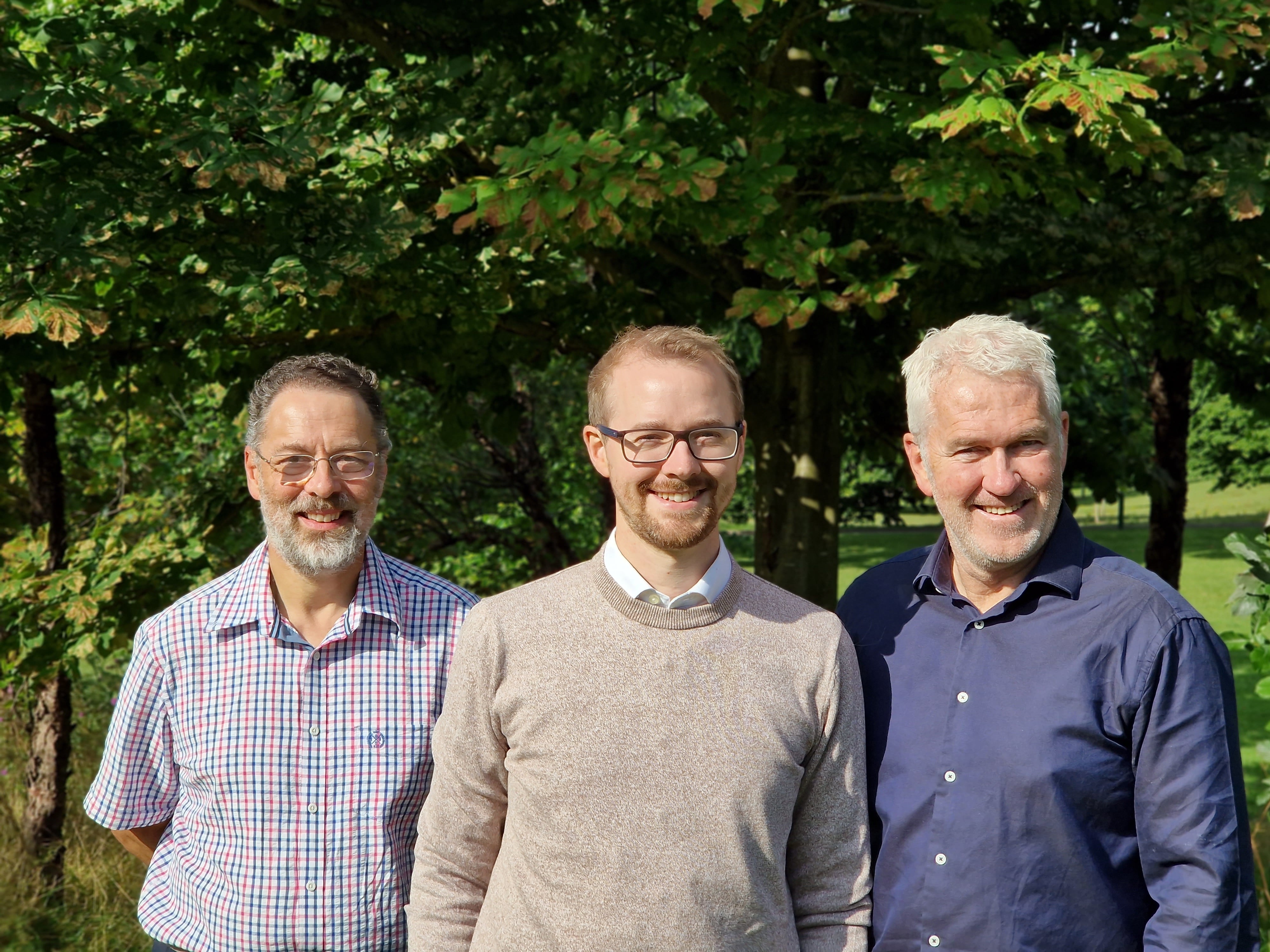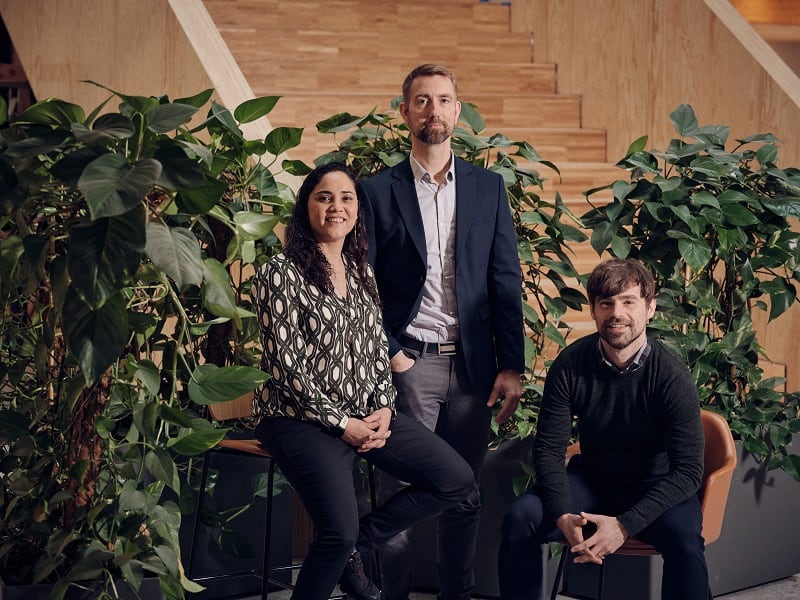NZN’s biofertiliser, based on endophytic bacteria, aims to provide crops with nitrogen directly from the air to cut the need for synthetic fertilisers.
Field trials field trials show up to a 25% reduction in fertiliser use and significant greenhouse gas emission reductions as well as increased crop yields and improved visual quality.
“The objective of our seed round is the launch of our first commercial product for rice, and we will use the investment to fund its development, optimization, and introduction to farmers in our initial market,” NZN’s CEO Justin Hughes told AgTechNavigator. “We plan a B2B2C route-to-market working with third party partners who have an existing distribution capability.”
It plans to get to market in 2026 after conducting multiple proof-of-concept in several ASEAN countries and getting written expression of interest from a major Asian agri-input distributor.
The fresh capital will be used to make key hires in ASEAN markets, pass certification, and finalise commercial offtake and biomanufacturing agreements.
“Our bacteria is considered to be host independent (crop agnostic) and has been shown to cohabit a wide range of different plants, allowing us to develop optimized products for multiple crops,” Hughes told us.
“We have assessed crops against technology fit and economics. Rice scores particularly well for the former, hence our current focus, with field trials already underway for developing our first product.”
Enabling plants to fix their own nitrogen
NZN employs endophytic bacteria, which are microorganisms that live inside plant tissues, including roots, stems, and leaves. The bacteria, applied as a seed coating, colonize the plant and facilitate nitrogen fixation from the atmosphere.
By enabling plants to fix their own nitrogen, the bioinoculant reduces the reliance on synthetic nitrogen fertilisers, which are a major contributor to greenhouse gas emissions and soil degradation.
“If the Haber Bosch process was invented today it would be banned, like alcohol or tobacco,” Hughes said. “With our product, there is no transmission loss and therefore no nitrate or nitrous oxide pollution. You’re placing the fuel (bacteria) next to the engine (plant cells). The scale of this opportunity is enormous. We’re talking about an idea from a small lab in the UK transforming a $200bn global market.”
A ‘cheaper and greener’ alternative
NZN claims its biofertiliser is both greener and cheaper than conventional options.
The technology is non-genetically modified, which simplifies the regulatory process and potentially allows for wider adoption. It is also easy to apply and does not require any new farm machinery, Hughes said, allowing farmers to cut costs while decarbonising processes.
Seed application and production costs are driving a “green discount” for farmers, he told us. “There is a technical and financial efficiency to the seed application. The product is applied at a far lower volume that fertiliser – approximately 100th of the volume.
“We have done some detailed mapping of margins within the supply chain. The biggest influence on gross profit is production costs – far lower for this product than fertiliser.”
In terms of barriers to growth, Huges listed the main ones as market entry, consistency of a biological product, and regulatory pathways, including market research and direct engagement with regulators.
“There are always a myriad of challenges for a start-up in commercialisation and market entry,” he said.

‘Breakthrough’ tech with ‘transformative’ potential
The seed round co-led by leading European climate VC World Fund and US climate tech VC Azolla Ventures. The round brings NZN’s total funding to date to $8.3mn, including investment from existing backers Zero Carbon Capital, Revent and Kibo Invest, in addition to early support from the UK’s innovation agency, Innovate UK.
Amy Duffuor, co-founder at Azolla Ventures, said: “NZN’s breakthrough technology stands apart from other solutions with the trifecta of deploying the right bacteria, on the right crop, at the right price.
“Beyond climate impact, NZN’s innovation holds transformative potential for smallholder farmers across ASEAN. By offering a cheaper product that boosts crop yields and reduces costly fertiliser inputs, the company could help lift farmer incomes and contribute to poverty reduction across the region.”





